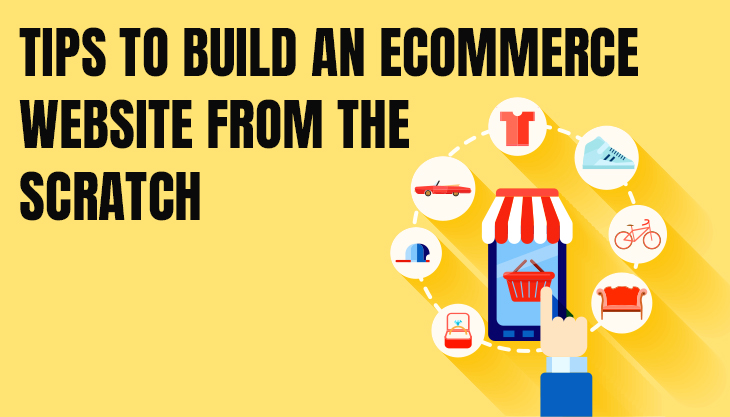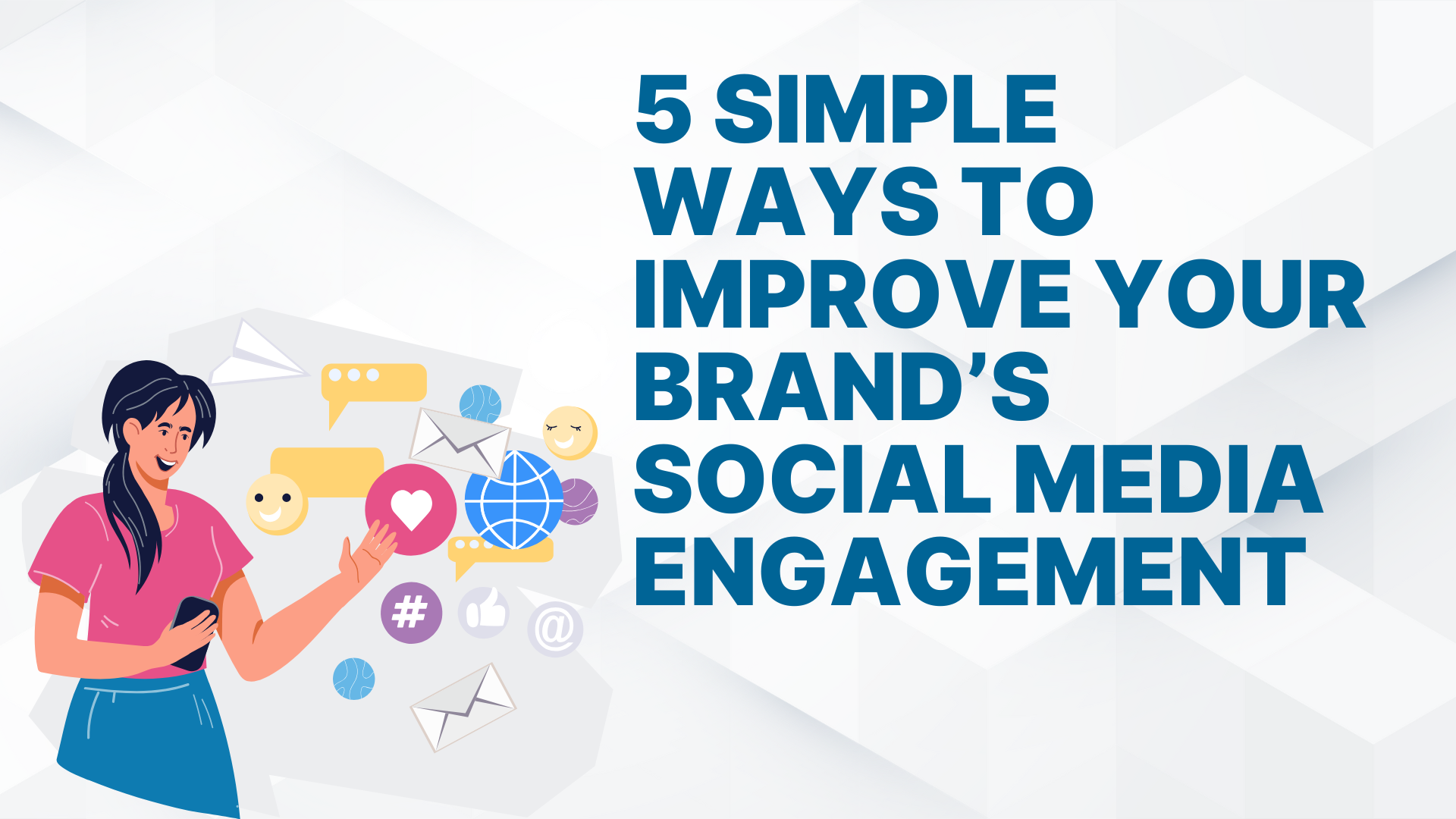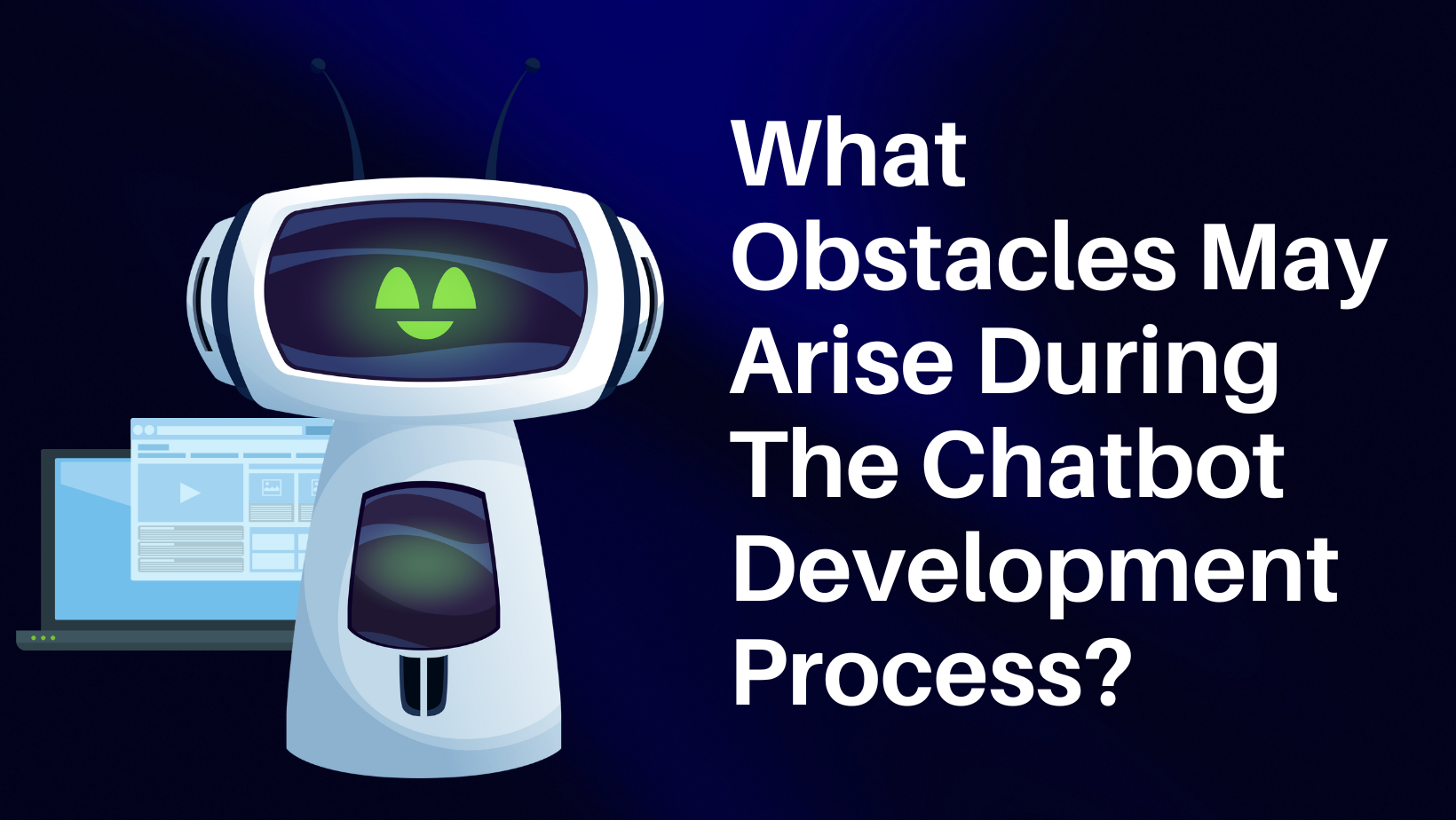Ecommerce, also known as electronic commerce or eBusiness, is the use of the internet to buy and sell goods and services. The difference between eCommerce and retail is that we buy and sell physically in retail whereas eCommerce operates digitally. It has become usual to order clothes, food, and electronics online. We even use credit cards every day, pay via Apple Pay, Google pay, etc. The fact is that eCommerce is fully integrated into our lives and it’s so hard to imagine our life without it. Ecommerce is at its prime now. Almost everything you can find in a brick-and mortar store you can buy online now. The best example is that you can buy ebooks.
What is an eCommerce website? An eCommerce website is a site that sells products and services through means of the data transfer and funds over the internet. There are several features on which the whole eCommerce is based. Ecommerce basics are: accepting payment, delivery details, customer care, reverse logistics, and customer care. It should feature the points mentioned above keeping the convenience of customers first and foremost in mind. The certain checklist needs to be followed in E-Commerce Website Development such as cost considerations, support or maintenance services, template customization, and more.
In E-Commerce Website Development, there are certain types of eCommerce websites to consider. They are:
Business-to-Consumer (B2C):
Electronic exchanges of goods and services between businesses and consumers – the end-users.
Business-to-Business (B2B):
Electronic exchanges of goods and services between businesses.
Consumer-to-Consumer (C2C):
Electronic exchanges of goods and services between buyers, normally through a third party.
Consumer-to-Administration (C2A):
Electronic exchanges when a consumer sells goods and services to people and public organizations.
Business-to-Administration (B2A):
Electronic exchanges of products and services between organizations and public administrations.
Just creating an online store isn’t enough. To measure your effectiveness you should also follow certain metrics. They indicate your weak area and what you should work on. It’s also hard to plan without knowing your statistics. So pay attention to these metrics: Bounce rate, Visitor Conversion Rate, Abandonment Rate, Traffic, Mobile users, Pages per visit, Bounce rate, and Email Subscribers Engagement.
Being a leading Website Development Company in Bangalore, Techasoft works on all the major Ecommerce development frameworks. We have immense expertise in the following online store development frameworks: OpenCart development and customization, Magento development and customization, Shopify development and customization. Techasoft is ranked among the best eCommerce website design and development company in India that offers full-cycle online store development solutions to both B2B and B2C customers spreading all across the globe and so. Mentioned below are some of the Ecommerce development services that we offer: Payment Gateway Integration, Maintenance and Support, Enterprise eCommerce Support, Technology Consulting, Plugin and Module Development, and Ecommerce Development.
While choosing services for your Ecommerce Website Development, you should keep in mind certain services such are advanced security and scalability, mobile-friendly website, complete search engine optimization (SEO), well-designed eCommerce website, requirement analysis, and high performance & speed.
The eCommerce development team should ensure that your website is built with a very strong business strategy. Backup strategies and the latest cutting edge development tools and technologies are the main features to look for. Ecommerce Website Development solution should help in delivering a comprehensive and effective business strategy, products and marketing strategies, design, usability, technology as well as security.
There are certain advantages of an eCommerce website. Your business can benefit in sales from the convenience that the internet can offer. Your business would have a store open 24 hours a day, 7 days a week, 365 days a year. So, there will be very low running costs. Opportunity to reach new markets as well as wider range of stock items is possible with a web store. You can increase your intelligence about your customers’ behaviour, likes, and desires. Better social media engagement can happen if you take the time and build a social media strategy, having an ecommerce store should increase the effectiveness of what you can achieve with social media.
To build an eCommerce website, keep in mind the five requirements such as - register a short domain name, web hosting, responsive design, shopping cart, and relevant theme.
Register A Short Domain Name:
Customers hardly remember large and long domain names. So, a short domain name will be more convenient and easy to recall.
Web Hosting:
Ensure that the service you choose supplies you with a handful of essentials like good uptime, good quality, fast speeds, scalability, and good customer support. So choose a quality website to succeed in developing an e-commerce website that drives traffic.
Responsive Design:
A responsive design is a must-have feature that helps in building a positive online presence. A responsive e-commerce site reaches more consumers and sells more products. For instance, a travelling consumer visiting your site should be able to access and navigable through mobile devices.
Shopping Cart:
Another very important requirement is the shopping cart. It should be secure and convincing to the customers. So choose an advanced shopping cart design.
Relevant Theme:
Choose a theme that correlates with your industry to bring in more customers. Assure that your website is of industry standards by ensuring relevant color, schemes, and format.
Therefore, build an eCommerce website correctly if you want to increase your sales through online presence.

















Post Comments